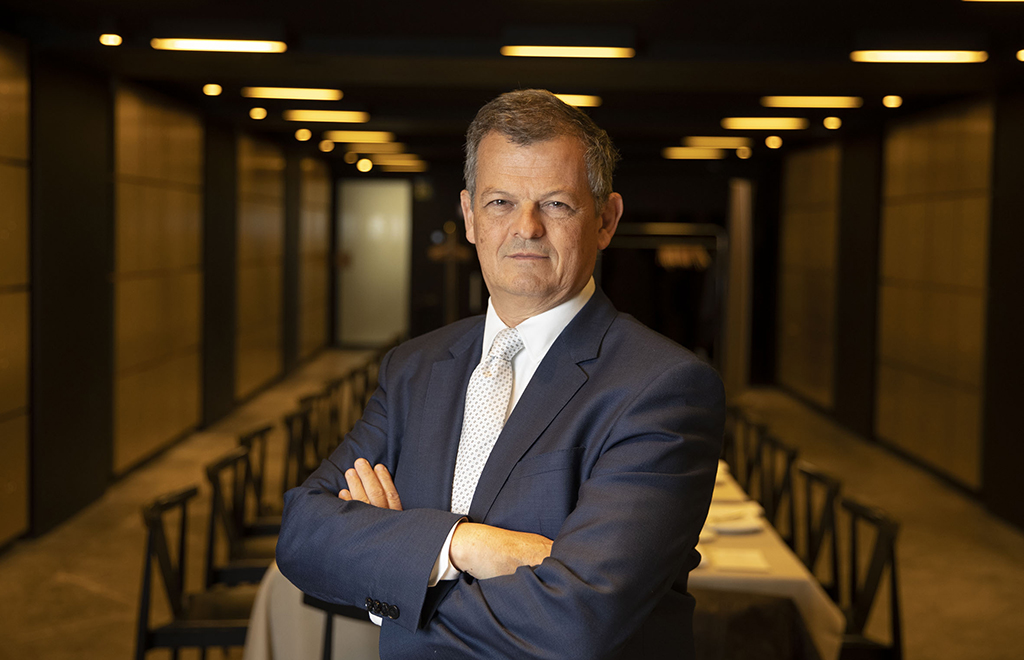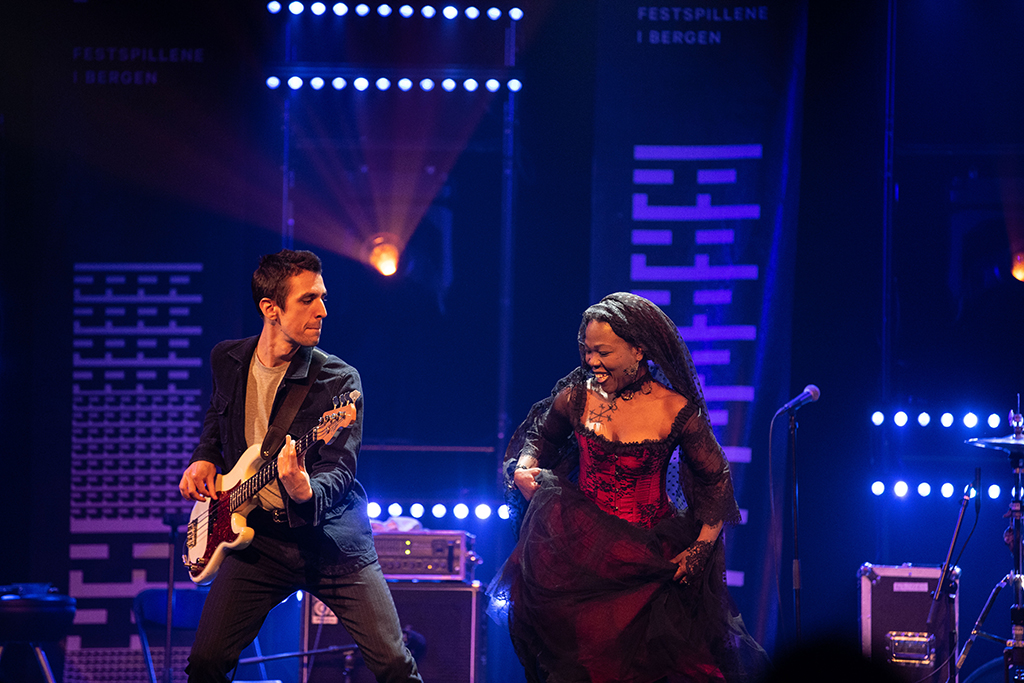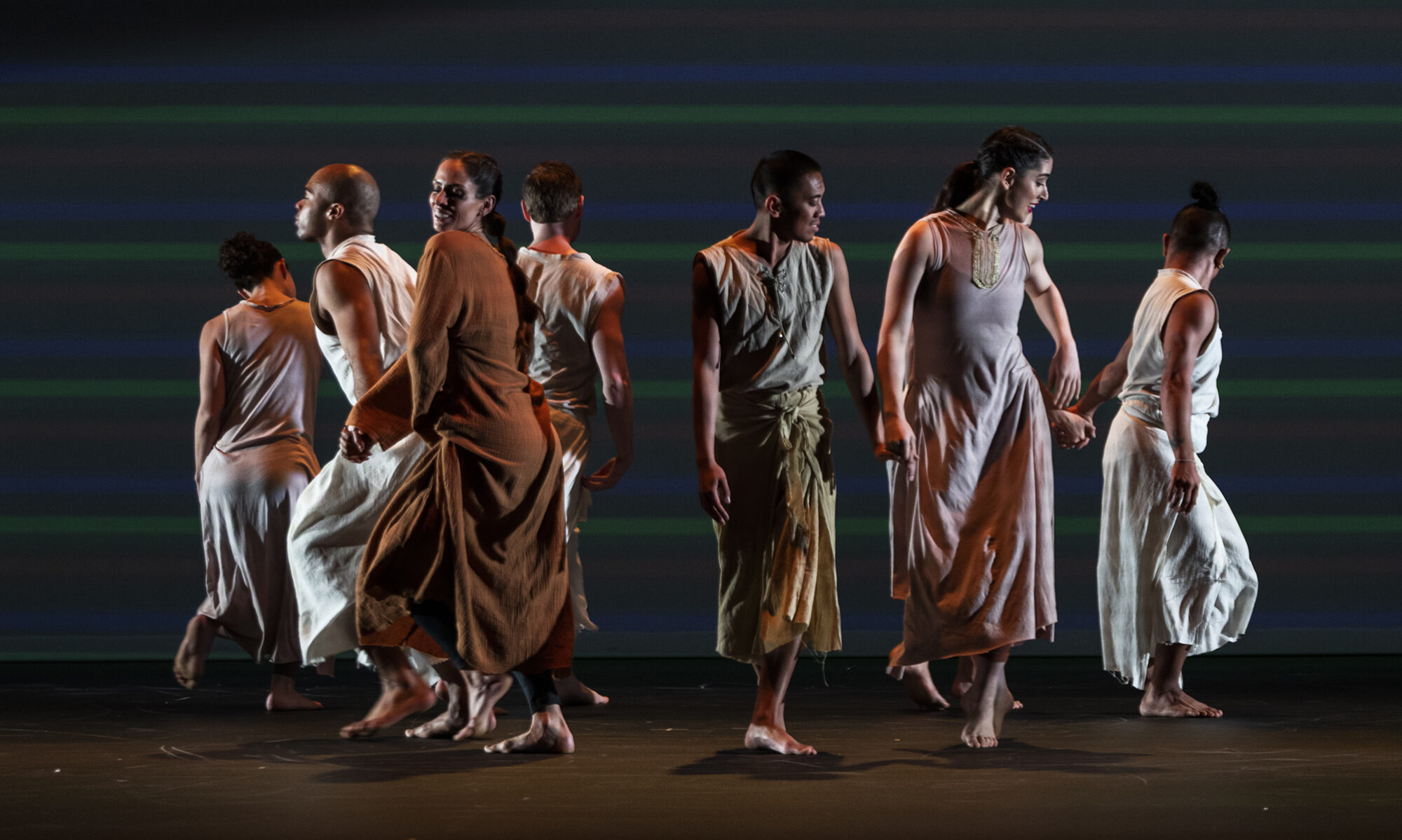Culture and Arts post pandemia
It is time for philanthropy

Oriol Aguilà holds a degree in Art History from the University of Barcelona and a Diploma in Senior Business Management from ESADE. He has been the Director of the Castell de Peralada Festival since 2010. Previously, he was Director of Strategy and Branding and member of the Management Committee of the Catalan Audiovisual Media Corporation. He was Director of Sponsorship and member of the Management Committee of the Gran Teatre del Liceu: he directed the sponsorship programme for the reconstruction of the Theatre and the first ten years after the reconstruction. In the academic field, he teaches cultural management, sponsorship and philanthropic funding at various universities. He currently chairs FestClásica, the Spanish association of classical music festivals, and Opera XXI, the Spanish association of theatres, auditoriums and opera festivals.
Clearly, the crisis we are living through now was not predictable. We always talked about getting ready for complex times but the current situation was outside mainstream forecast. The case, obviously, is that, we did not get ready properly as artistic organisations to survive situations like this. What philanthropic scenery lays ahead of us?
In the post pandemic world that we are starting to glimpse, it seems very likely that we will live in a world where the economic and political power is gathered in the hands of fewer actors and this has a direct correlation in philanthropic policies. In the post-pandemic desert we find a reduced number of companies that add to the strategies of concentration and fusion of business corporations. In other words, a high philanthropic responsibility will fall on these very few backs. Therefore it is essential that we cultivate properly the philanthropic culture of these few and big actors.
In the present situation we face another great challenge: how to manage sponsorship while guaranteeing the viability of a company with downsizing policies. Is it ethical to keep giving sponsorship while scaling down the company’s team? Were the answer to be a negative one, then sponsorship would be considered just a diversion, like a cleansing. And this is the terrible dilemma that we have to live through. In the health and environment sectors this question is not as strong as in the arts and culture sector. Here is where maybe it is highlighted that we did not do our homework properly. We are at risk of being perceived as something meaningless, a side order for when the economy is blooming.
What arguments do we have in our defence that it is ethical and necessary to activate to keep sponsorship policies?
We have to plan in a way that we are also thinking for the day after. Be that as it may, we are hoping that the post-covid19 scenery allows us to build a future full of progress, a more encouraging world to come than the one we have now. And for that, culture is essential, basically, for everything it provides to society’s wellbeing and, we need to say it, the social and economic impact it creates. Not supporting nor fertilising this terrain in difficult times means giving up and later on finding ourselves where we were two decades ago.
As an industry, we defend one social asset: culture. Particularly, an asset that contributes so much in accompanying people and helping citizens to transform their lives and therefore the world we are living in.
The transcendental role that streaming platforms, of both cinema and music, have had during the lockdown supports our case. It is a contribution that goes beyond entertainment and that helps propel critical thinking, creative minds and reflection. If we do not strengthen cultural infrastructures, the post-Covid19 landscape will be worse. And so will the socio-economic consequences. What hopes would we be giving to people who have lost their job and need to reinvent themselves? We really need to put a value on what culture and arts can give to people who are looking for a new personal and professional path in terms of entrepreneurship.
Philanthropy and reputation in a new scenario
Reaching this point we need to highlight how decisive the sponsor’s role is. Those who support creative projects, that are also socially relevant, will be compensated and remembered. Those who are not as brave nor have this vision will be forgotten. If we add that after every great crisis there is always a great Renaissance, what we are deeming now is who wants to be in the pole position of reputation and commitment towards society in the post-pandemic world. The question of cultural destinations and development of new capitals at a local and regional level is also relevant, in a landscape where, in future rural areas will be gaining more weight economy, thanks to teleworking among other factors. We are talking therefore of attractive and creative surroundings that can attract the new citizens that are leaving the city to repopulate all year round what before were just summer recreation areas.
Therefore, the support of great sponsors needs to focus on the reinvention of big cities but also in adding value in these other territories that are going to experience a new way of development, a new push. We need everyone on board: public administration, public opinion, press and cultural companies. Enterprises that bet on cultural sponsorship have to applauded, for they are are building a better society as well as contributing to an economic progress that will create more jobs. The equation “cultural development = job creation” is obvious.
Culture has a multiplying effect and is the best business incubator for new entrepreneurial projects, along with the development of new organisational models. Moreover, it helps to boost creativity, leadership, team-building and entrepreneurship within companies. But we still need to work on pedagogic actions so that firms become aware of culture’s benefits to their own projects. In the end, it all boils down to the basic idea that culture is a magnetic attraction for talented people.
On the bright side, there are companies expressing openly that they are looking for brave and entrepreneurial projects that create new opportunities and generate progress in a post-Covid19 world. We have to deal with many unanswered questions. One of them being, and perhaps not the most important, how can we make mobility sustainable and the impact that this will have on cultural tourism. The digital world becomes essential for the internationalisation and globalisation of the projects. However, concerns about mobility are not only restricted to the short term, but also put into question by the effects it has on the planet’s environment. This will change our habits forever and also the role of world capital cultures. In this scenery the definition of a proper hybrid model between online and life events is more relevant.
Let’s get back to the pandemic’s direct effects. The first lesson learnt is to start actually what we talked about many times: create real reserve funds for financing projects during the times we are going through and that we now know they can happen again in a fragile world. It would be the same spirit of a legacy, where the founder of a project guarantees financial stability when the context gets darker. Beyond checking the short-term repayment and profitability (that doesn’t need to be economic) of the philanthropic investments, we need to ensure their continuity in crisis times when an injection of funds is not possible.
This obsession, that has always worried many philanthropic initiatives, needs to have a financial solution as general as possible. That is what we have now learnt. And we need to do it so that many iconic projects that have been extremely useful to society do not disappear.
This is the real challenge: the new philanthropy needs to think for the present but also for the future. It cannot have be short-sighted. This should be the starting point of the 21st century’s sponsorship. If, like in the Medici’s Renaissance, after a great crisis comes a great blooming we need to lay down the foundation for the coming crises, so that the new tsunamis do not catch us unprepared. After all, we are talking about preserving a world that is worth living in.
Festival Life creates shared moments of audiences and artists, eye-to-eye

Normally, during the length of the Festival, the heart of Bergen’s inner city, Festplassen, is transformed into Festival Square. The tent features a number of daytime family events and evening concerts and talks, as well as film screenings. The outdoor area surrounding the tent is turned into a playground for young and old, with a variety of exciting free admission events.

